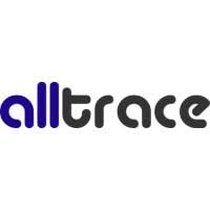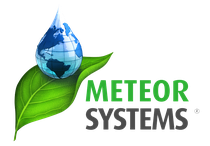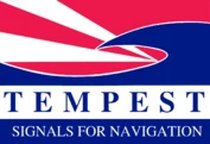A large part of the world's population lives in large cities in low-lying coastal deltas. The Netherlands is a good example of this. Every continent has similar densely populated deltas. Climate change threatens these areas: extreme weather, sea level rise, flooding, deteriorating water quality and soil subsidence pose major challenges to liveability in general and food production in particular.
Key research areas
The Floating Deltas project envisions a future where floating farms contribute to climate resilience and food security. It focuses on exploring the possibilities of floating food production through four key research areas:
- The potential of floating food production: How useful and necessary is food production on water surfaces?
- Design and validation: What does an ideal floating greenhouse and cultivation system look like?
- Consumer Preferences: Are consumers willing to embrace crops grown on water? What price are they willing to pay, and how should these products be marketed
- Innovation Agenda: By synthesizing research findings, the project aims to create a comprehensive roadmap for scaling up floating crop systems.
“Producing food on water might become a necessity to adapting to a changing climate.”
Bart Kuiter
Program Developer
Piloting solutions
To refine this concept, pilot projects are underway. The first pilot in Almere showcases an initial design, offering insights for further development. Over the coming years, pilot systems at various locations will be tested to identify optimal designs and cultivation practices.
For the city of Amsterdam, it is useful to know if this is a potential foodsystem which can be implemented in the city. That is why they are also partner in this project. The city is evaluating implementing floating food systems and the possibility of creating a sustainable, local food source.
Shaping a new industry
The ultimate goal of the Floating Deltas project is to establish a new industry dedicated to floating food production systems. This involves advancing innovations, scaling production, and preparing for international applications. In the Netherlands, it means integrating floating food systems into the agricultural sector while supporting climate-adaptive and sustainable practices.
To achieve this, the project focuses on creating an innovation agenda and roadmap for floating cultivation, with active input from policymakers, industry leaders, and research organizations.
By aligning policies, coordinating initiatives, and launching pilot projects, the aim is to maximize opportunities for developing and deploying these innovative systems. Floating food production has the potential to address global challenges in climate resilience, urban food security, and sustainable agriculture—starting with transformative efforts in the Netherlands.
| Duration: |
|
| Related Information: |
| In the news: |
Principal Investigators
Partners
















